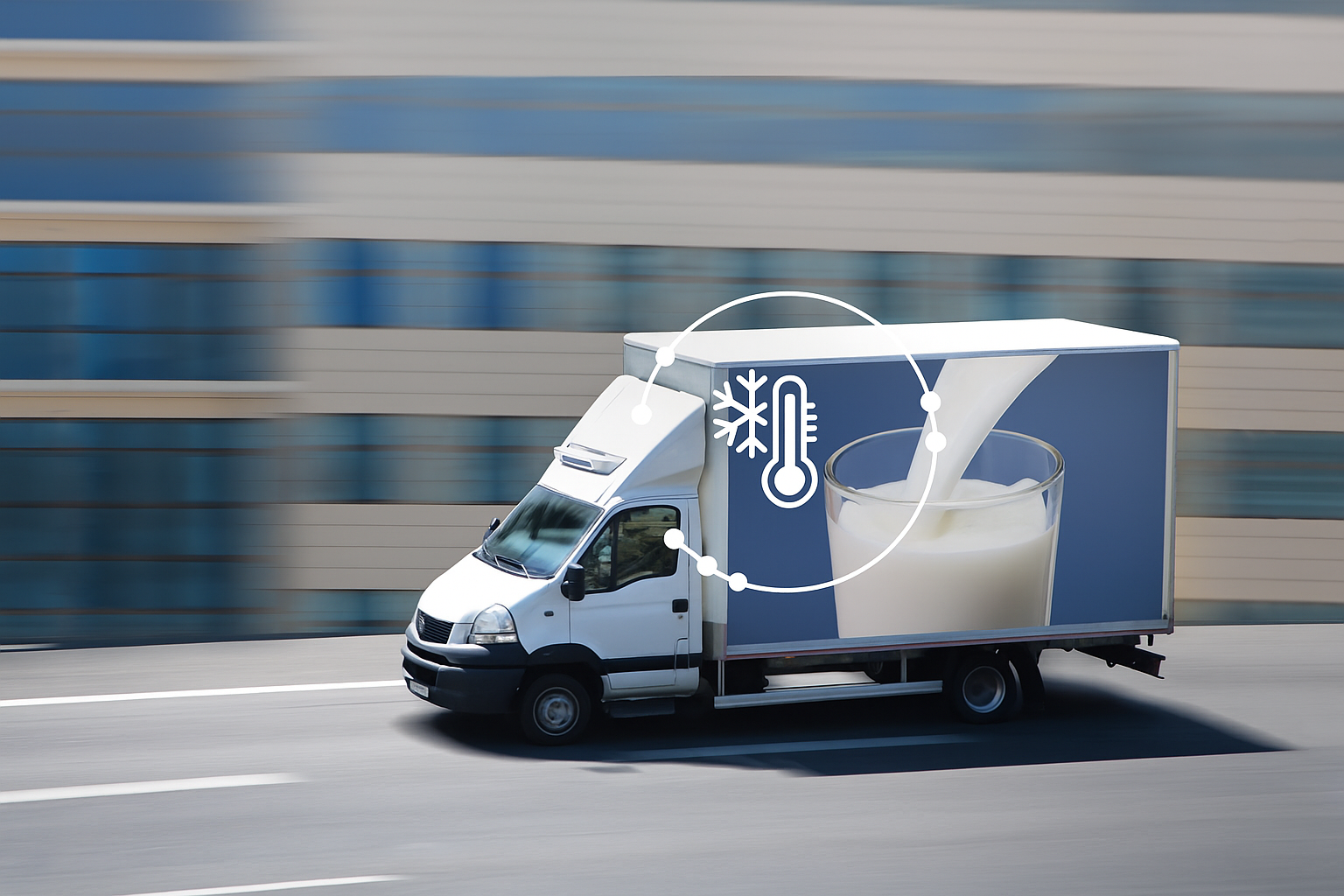By Dairy Dimension News Desk
Published: June 2025 | Source: Logistics Insider Magazine
As India grapples with extreme heat and energy volatility, Amul, the flagship brand of the Gujarat Cooperative Milk Marketing Federation (GCMMF), is deploying an ambitious solar-powered cold chain strategy to safeguard its dairy supply. The move not only tackles climate-induced spoilage but also positions Amul at the forefront of sustainable dairy logistics in one of the world’s fastest-growing milk markets.
đĄď¸ The Heat Threat to Indian Dairy
India’s annual milk production has surpassed 221 million metric tonnes; however, 3% of the total is lost to spoilage, primarily due to power outages and inadequate rural cooling infrastructure. In 2025, heatwaves reaching 43 °C and rising diesel costs have put immense pressure on cold storage and logistics, raising concerns over milk safety, farmer incomes, and consumer affordability.
đ Amul’s Solar Cold Chain Revolution
In response, Amul is scaling its investment in solar milk chillers and solar-powered cold storage, especially across Gujarat, Uttar Pradesh, and Rajasthan. These systems, capable of rapidly reducing milk temperature from 35°C to 4°C, operate off the grid using battery-backed solar panels.
- 26,000+ litres/day chilling capacity
- 160 kW of solar deployed (targeting 1,000 kW)
- âš1 saved per litre for farmers
- 3% reduction in spoilage in UP districts
âThis is about climate-smart logistics,â said a GCMMF spokesperson. âWeâre preserving quality, reducing emissions, and supporting farmers where it matters most.â
đ Refrigerated Transport Meets IoT Innovation
Amul’s transport fleetâessential for connecting 1,200 cooperatives and 2.1 million farmersâwas upgraded in 2025 with IoT temperature sensors and real-time alerts. This ensures that dairy products, such as cheese and paneer, maintain optimal conditions (0â4°C), even during 12-hour trips through remote or rugged regions.
In southern markets like Tamil Nadu, demand for chilled dairy is rising rapidly, prompting a 20% expansion in Amul’s fleet and new third-party logistics partnerships to optimise delivery costs.
đ Holding the Line on Affordability
Despite rising costs, Amul’s cooperative modelâwhich returns up to 80% of the consumer price to farmersâis helping contain inflation. Efficient chilling and logistics reduce wastage, enabling Amul to offer affordable dairy in Tier-2 and rural markets like Bhubaneswar, even as fuel and freight expenses surge.
â ď¸ Challenges Remain
But scaling solar logistics is no easy feat:
- Cold storage gap: Only 2% of Indiaâs rural areas have adequate chilling
- Skill shortage: Few trained technicians for solar maintenance
- Upfront costs: Despite subsidies (e.g., âš10 crore via PM SAMPADA), capex remains high
Amul is responding through:
- FPO partnerships and training programs
- New investments, like a âš600 crore facility in Kolkata
- State and central collaboration to access green infrastructure funds
đ A Model Indiaâs Food Resilience Amulâs initiative isnât just about transforming Indiaâs perishable supply chain, where 40% of produce is wasted. With the dairy market projected to hit USD 163 billion by 2027, climate-ready infrastructure could define the sectorâs next phase.
âOur focus is on sustainable growth that benefits farmers and consumers alike,â said Jayen Mehta, GCMMF Managing Director.







